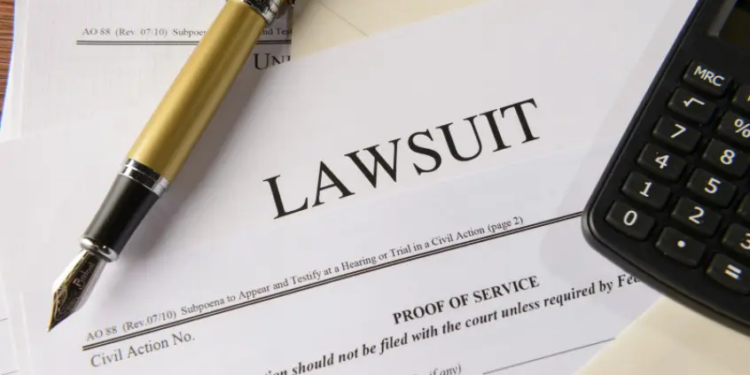A recent Freedom of Information Act (FOIA) lawsuit brought by Children's Health Defense (CHD) against the U.S. Food and Drug Administration (FDA) has been paused until April 2025. The lawsuit seeks records related to the FDA's analysis of adverse events associated with COVID-19 vaccines. This is the third FOIA lawsuit seeking this information, and the second where the judge has agreed to pause proceedings.
CHD filed the lawsuit after the FDA failed to respond to a FOIA request submitted in September 2022. The request sought records relating to the agency's active monitoring of large healthcare databases for adverse events reported after COVID-19 vaccinations. The FDA claims that it doesn't have the capacity to address complex FOIA requests related to COVID-19 vaccines until mid-2025 due to the demands of releasing documents related to the licensing of Pfizer and Moderna shots.
The FDA began an active-safety monitoring program in early 2021 to investigate possible causal links between COVID-19 vaccines and adverse events of special interest (AESIs). AESIs are side effects that the FDA believes might be caused by the shots. In addition to the Vaccine Adverse Event Reporting System (VAERS), where people report data for analysis, the FDA also proactively analyzes millions of records from large healthcare data systems to detect safety signals for AESIs.
CHD argues that access to FDA and Centers for Disease Control and Prevention (CDC) data is essential for scientists to conduct their own analysis of vaccine safety. However, the FDA's delays in responding to FOIA requests prevent the public from making informed decisions about COVID-19 shots and boosters.
The lawsuit also highlights issues with the FDA's handling of FOIA requests. CHD claims that the FDA's backlog of requests is a problem of its own making, and it should allocate resources appropriately to meet its obligations. The FDA argues that it is facing exceptional circumstances due to the increased number of FOIA requests, but CHD disputes this claim.
CHD's request for analysis of the VAERS database is also pending, with the FDA seeking an 18-month delay in providing the requested information. The FDA has previously denied similar FOIA requests from other organizations and even refused to provide the data to a U.S. Senator.
The decision to pause the lawsuit and the FDA's failure to respond to FOIA requests are concerning, as they prevent transparency and accountability. Access to FDA and CDC data is crucial for scientists and the public to understand the real effects of COVID-19 vaccines and make informed decisions. The FDA's excuses for delays and lack of resources ring hollow, and it should prioritize fulfilling its obligations under FOIA promptly.
In conclusion, the FOIA lawsuit brought by CHD against the FDA has been paused until April 2025, preventing access to records related to the agency's analysis of adverse events associated with COVID-19 vaccines. This is not the first time the FDA has sought delays in providing this information. The lawsuit highlights issues with the FDA's handling of FOIA requests and raises concerns about transparency and accountability.







